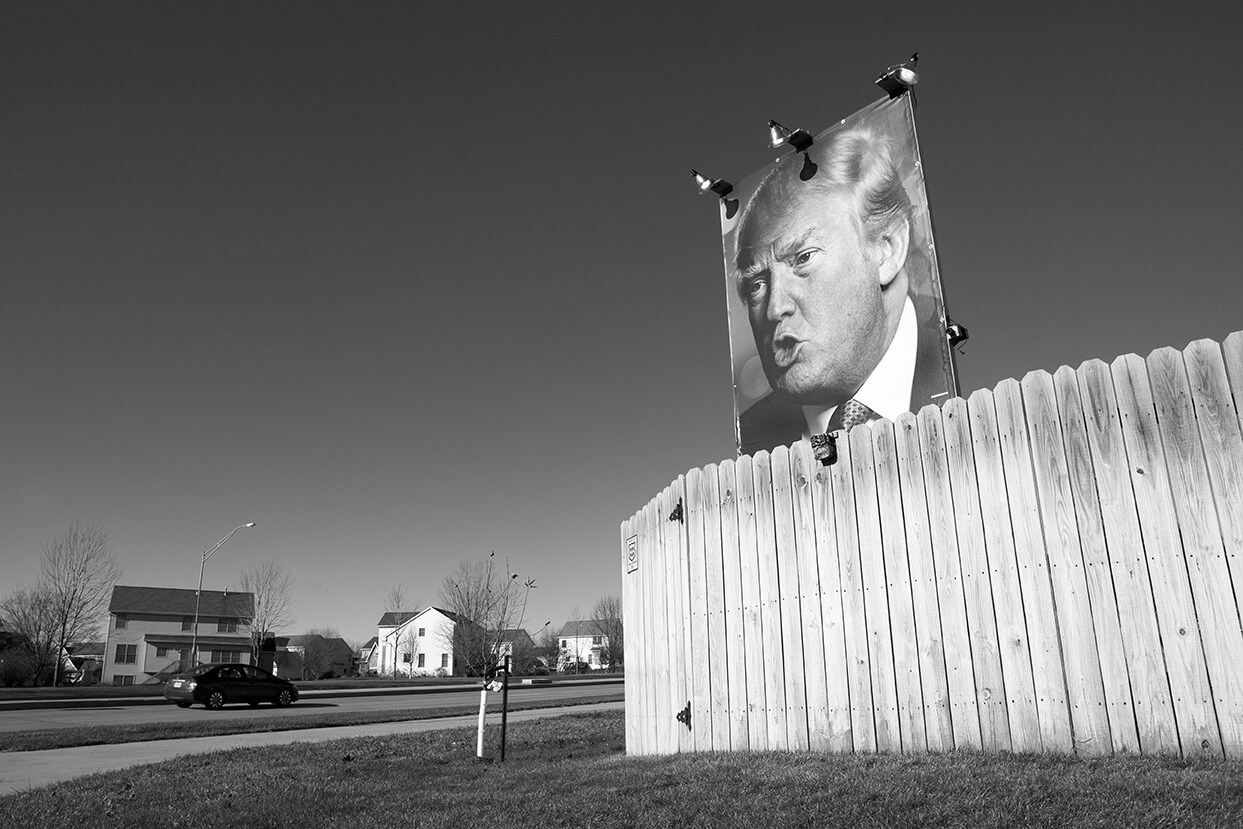It is a good thing for politicians to honor their campaign promises. In that, President Donald Trump is acting in an exemplary way.
But does he have to do it so fast?
In a campaign ideas and ideology dominate, details languish. But once office is won, especially the highest office in the land, there is time to contemplate not just the journey but the best route.
There is a vast amount of know-how and knowledge to be tapped that might, on consideration, temper the ideas of the campaign.
For example, the president, before commanding the hiring of 5,000 more U.S. Customs and Border Protection agents, might have learned how difficult it is to recruit and train these men and women. He might have taken note that there are 1,200 vacancies along the border right now, despite strenuous recruiting efforts.
His early action in pulling the United States out of the Trans-Pacific Partnership (TPP) — a trade deal that was negotiated between 12 Asia-Pacific nations who represent more than 40 percent of the global economy — was done in haste, which might set world history off in a direction that the nation and the world will rue.
One of Trump’s campaign promises, if not the theme of his campaign, was that the United States would be led by the world’s best negotiator, its top dealmaker. Why would he tear up a deal before he had taken time to improve it? There is no art in trashing a deal.
Why would he willingly relinquish a leadership role in global trade to China, which he has called out time and again?
On the face of it, Trump will now have to direct the U.S. Trade Representative to negotiate separate deals with the TPP signatories, possibly taking years. China has proposed the Free Trade Area of the Asia Pacific and the Regional Comprehensive Economic Partnership, stepping right in where the United States has stepped out. Does Trump want to be known as the president who lost Asia? History is cruel; its mistakes devastating.
Would Trump prefer 28 bilateral trade deals with Europe when he could have 27 plus one, Britain? Europe is our largest trading partner, a relationship worthy of tender loving care, but Trump has encouraged its breakup.
Trump loves to make a grand entrance. He showed that with his stately ride in the company of his wife, Melania, down an escalator in Trump Tower on Fifth Avenue in New York City before announcing his candidacy on June 16, 2015. It was dramatic: the quintessential Trump, showman and grandstander.
His entrance into Washington has been louder and splashier — almost as though it is a finale, not an opening. The city is reeling, the world is agog and the Republicans — to say nothing of the president’s Cabinet nominees — are in the dark about his policies; where his head is at?
The president may not have had as many people at his inauguration as he had wished, but his actions have turned him into a show of shows. Even as the Ringling Bros. and Barnum & Bailey Circus goes out of business, Donald Trump is its temporary replacement: The Greatest Show on Earth. But this big top stands for four years, and no performance lasts that long.
Entrances and showmanship are not statesmanship. Trump needs to begin to show that he can stay the course beyond a grand entrance; he needs to be seen to negotiate for the United States, not just to be the great treaty abrogator.
Trump made more than 650 promises on the campaign trail. Some he can keep, particularly when they have no more depth than reversing his predecessor’s executive actions.
Having failed to prove the theory that former President Barack Obama was born in Kenya, he seems determined to expunge as much of Obama’s legacy as he can get his hands on.
The big promises, like creating 25 million jobs, boosting the growth rate to between 4 percent and 5 percent and balancing the budget, may require the great dealmaker to do some deals with the country’s expectations.
Grand entrances can lead to ignoble exits.
